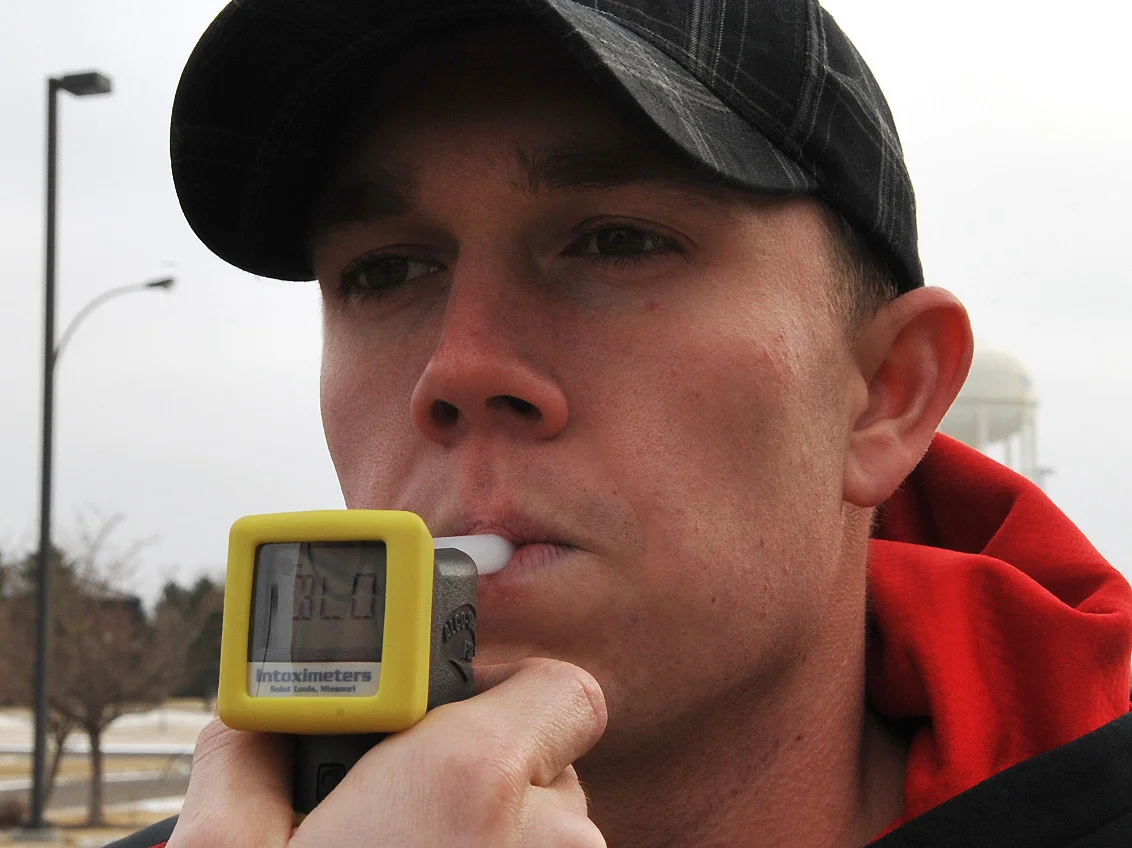Rick Snyder signed a bill in June 2016, instructing Michigan police to create a roadside drug testing pilot program in five counties in Michigan. The criteria for picking the five counties will be based on the number of impaired driving crashes, impaired driver arrests, and the number of Drug Recognition Experts (DRE) in the county.
Why Was The Bill Passed?
The bill was signed because of an incident which took place in Escanaba, Michigan. A tractor-trailer driven by Harley Davidson Durocher, ran a red light and killed Barbara and Thomas Swift. Durocher, was sentenced to 5 years in prison after toxicology reports showed that he had THC, a chemical usually found in marijuana, in his system. After the death of his parents, Brian Swift contacted the Republican senator of Escanaba, Tom Casperson, to create a better way to catch and charge drivers under the influence of drugs. Thus the roadside drug testing pilot came to fruition.
What Does The Roadside Drug Testing Pilot Include?
"The five-county pilot program will be used to help determine accuracy and reliability of the tests." Gov. Rick Snyder said in a press release after signing the bill.
Reports from the Office of Highway Safety Planning listed Michigan as having 99 certified DRE officers covering 37 counties. Michigan State Police spokeswoman Shannon Banner reassured the public that DRE officers have to undergo “highly specialized training” in order to identify people who are drug impaired. Banner also insisted that the test will only be administered by DRE officers who are employed by the state, county, and municipal agencies involved in the pilot.
Banner told MLive that, "In order to receive an oral fluid test, a driver must be suspected of impaired driving -- there will be no random traffic stops or traffic checkpoints. The police officer making the traffic stop must follow established policies and procedures and have reasonable suspicion to make a traffic stop."
If someone suspected of having drugs in their system while driving refuses to take the oral fluid test, they will acquire a civil infraction, as the new law states. During the course of the year that the pilot program will be running, an independent lab will conduct and confirm the testing to ensure the accuracy of the test kits, along with its handling.
Who Opposes The Drug Testing Pilot?
The main opposing force for the bill is Attorney Neil Rockind of Rockind Law, who argues that the bill is setting a dangerous precedent for Michigan motorists to be treated as guinea pigs. Rockind said, “The criminal justice system wants to take science and turn it into a fast, easy utility...science is neither fast nor easy...People are not guinea pigs. No citizen should be the subject of a test program when their liberty and way of life are on the line."
Is The Pilot Underway?
In an article concerning the rise in traffic fatalities in Michigan, Michigan Office of Highway Safety Planning Director Michael L. Prince said, "Some trends are emerging, especially with regard to drug-impaired traffic deaths, and our office is aligning resources accordingly. More resources are available to train law enforcement officers in the detection of drug-impaired drivers and OHSP is continuing federal funding for impaired driving traffic patrols throughout the year."
Prince's comment seems to imply that the roadside drug testing pilot is still under delay even though it was rumored to start in Spring of 2017. In spite of this pilot being able to prevent or at least bring awareness to the 10 million people who choose to drive while on drugs nationwide, the Michigan State Police have yet to finalize the five counties chosen for the pilot.
When the program is put into effect however, hopefully the number of car accidents involving drug and alcohol use will go down. In the meanwhile, drivers should be extra cautious on the road. Keep clear of drivers who are not following road rules, in order to avoid becoming involved in a car crash. On the other hand, if drivers plan to drink, they should find an alternative way to get home that doesn't involve putting themselves behind the wheel, so they don't harm other innocent drivers.
Once it's in effect, the roadside drug test pilot could possibly cut down the number of accidents and thereby prevent deaths and serious injuries caused by drivers under the influence. If you or someone you know has been in an accident caused by an impaired driver, call The Michigan Law Firm, PLLC. Victims of drunk driving accidents deserve an attorney who will stand by them and fight for their rights. Call us today, 844.4MI.FIRM for a free consultation.



